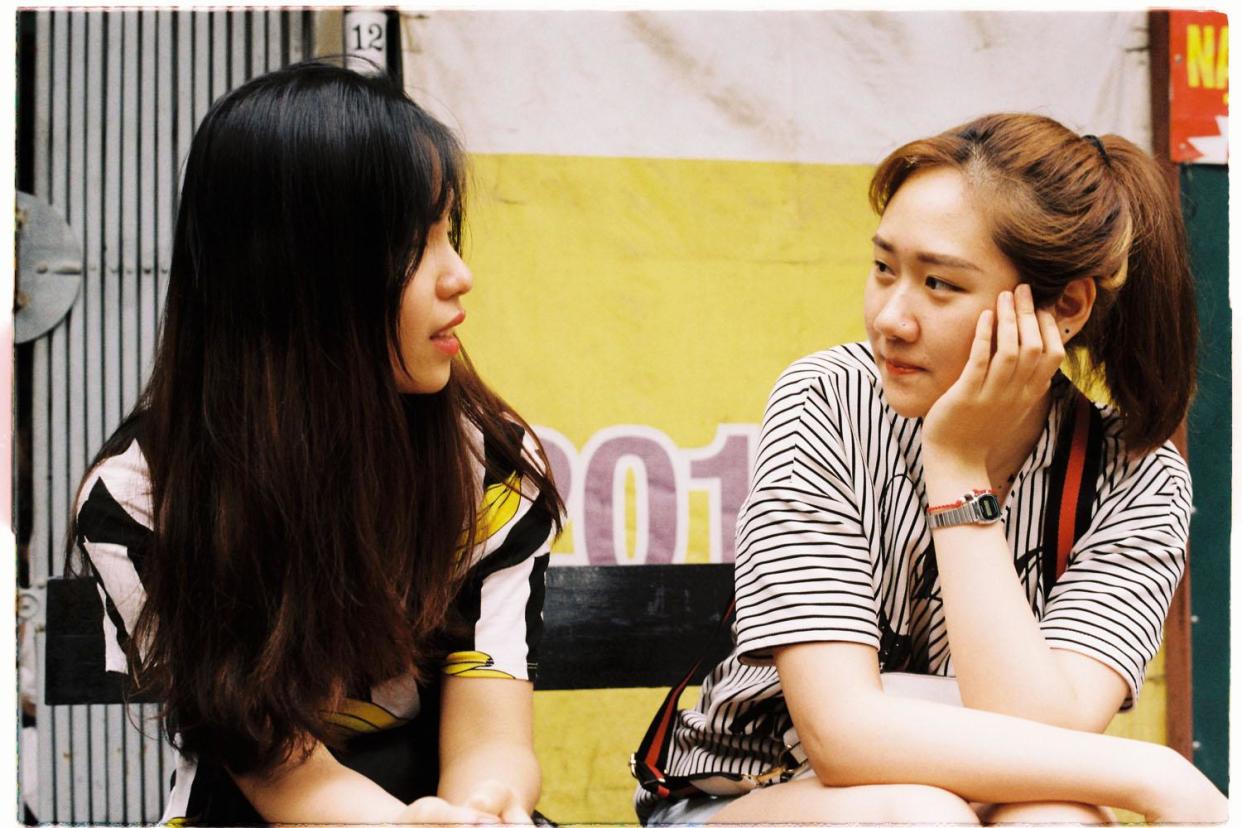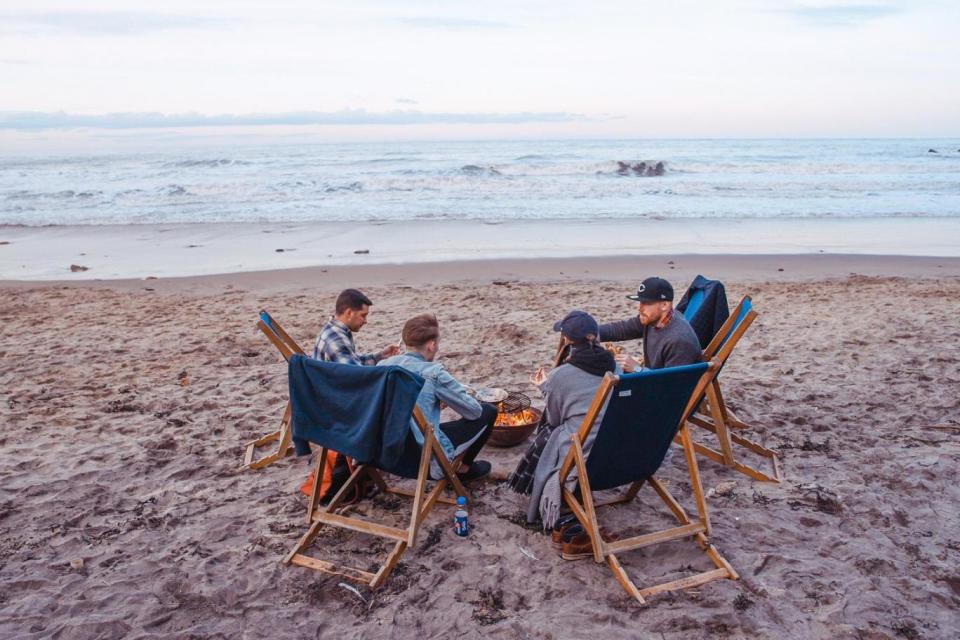People might actually like you more than you think, and it's to do with the 'liking gap' – here's what that is

Meeting people for the first time can be nerve-wracking. We're often so concerned with making a good impression and what they'll make of our efforts that it's easy to, say, immediately forget the other person's name.
But research published in Psychological Science, The Liking Gap in Conversations: Do People Like Us More Than We Think?, suggests we're being too hard on ourselves, and people probably like you more than you realise.
The study looked at social interactions and first impressions among strangers, including college students and members of the public. The researchers conducted a series of experiments in which two people met each other platonically and recorded how they rated their own performance, as well as the other person's. They found that people were liked by the other person more than they thought, a phenomena they termed "the liking gap".
We caught up with author and Cornell research associate Erica Boothby to talk about her findings.
So what is the liking gap?
"It's basically our finding that after a conversation with someone new, your conversation partner might like you more than you realise," Boothby explains.
"When we feel fraught, we underestimate how much people like us and how much they enjoy interacting with us especially when we meet someone new and are concerned with their evaluation of us."

Subjects were harsher on themselves about their own first impression, suggesting they may have higher standards for themselves than for others, possibly, Boothby points out, because they know they could have done better.
She says there are several dynamics at play in these situations which make it difficult to be on the same page.
"After you have a conversation with someone new, people will often have a little post-mortem with themselves, and when reflecting on how it went, draw on all the more negative things or signs – you're harsh on yourself basically," she says.
"This little voice in your head turns on and you start to be pretty critical of the things you said, you wish you could have said them better.".
And while you're so caught up in all of this, it's easy to miss the cues people are giving off that indicate how much they're actually enjoying conversing with you.
This can create a discrepancy of information, she says, "you have access to all these thoughts that other people don't have access to, which then feeds into our judgement."
The 'confirmation bias'
Boothby also says that people tend to look for evidence to confirm beliefs that they already have and require "pretty explicit" evidence to disprove them, something she calls "the confirmation bias".
"If you have a conversation with someone and you're not sure how much they like you but you think it's probably not as much as you like them, then you start to look for evidence for that," she said.
The 'liking gap' can be persistent
Boothby's research suggests that the liking gap isn't always confined to first impressions – it can be persistent.
In one of the longer experiments the researchers followed roommates over the course of a year to see how the liking gap evolved over time.
"It took the college roommates a really long time to get past it," says Boothby. "So it might be pretty hard to eradicate. It can take time before people feel comfortable enough to be explicit about liking you."

Learning to quiet that voice
While it may not be an easy thing to unpick, Boothby says reminding yourself that what's going on in your own head is not necessarily accurate may help.
"I think we need to take ourselves a little less seriously and realise that everyone else is having the same thing happen to them," she says.
Though the liking gap may not be all bad, it might encourage you to try harder.
"The liking gap can be bad for us in lots of ways, it can hinder us from inviting someone to that coffee date, but it also might motivate us to do better next time, you want to win them over."
So the next time you meet someone new, you should probably cut yourself some slack – the other person is probably too busy focusing on their own flaws to notice yours.

 Yahoo News
Yahoo News 
